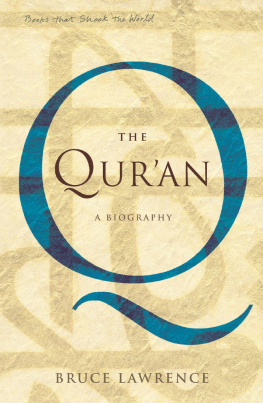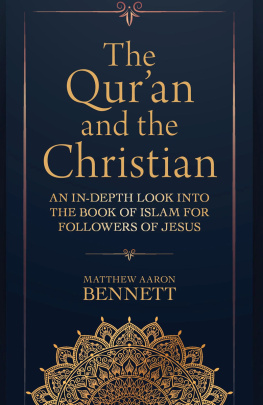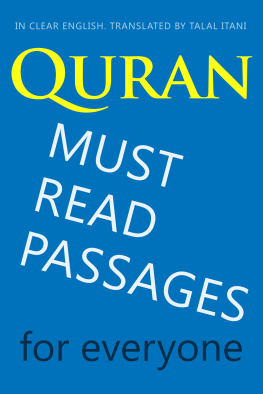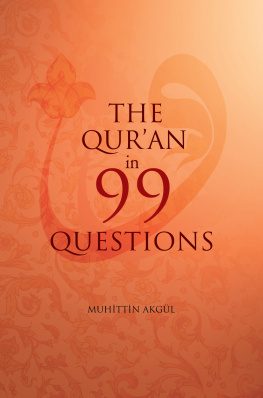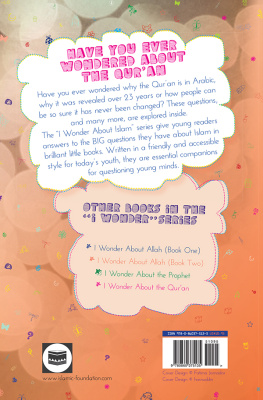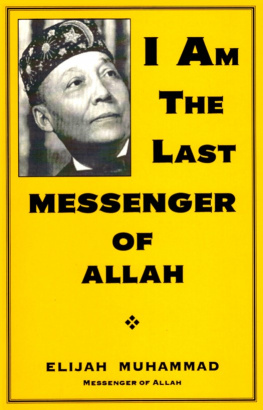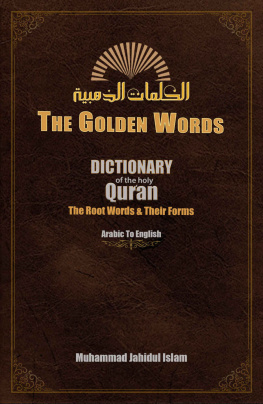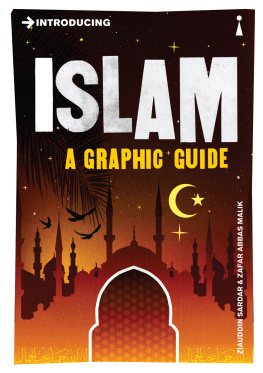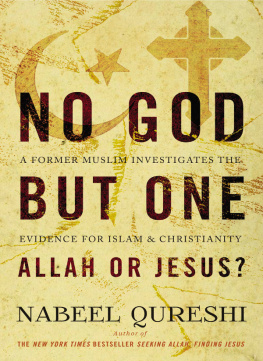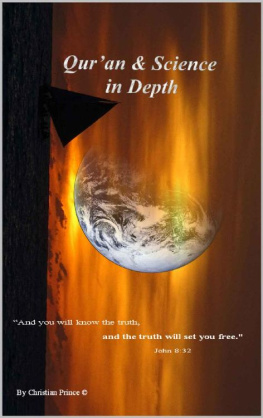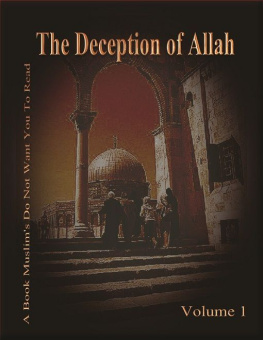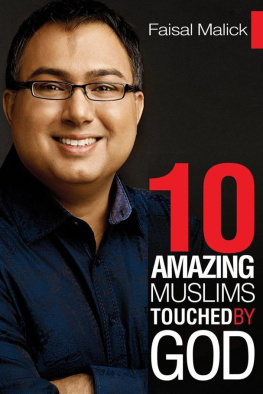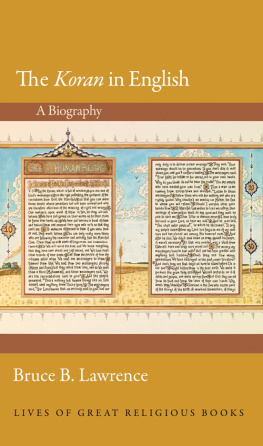The Quran
A Biography
Other titles in the Books That Shook the World series:
Available now:
Platos Republic by Simon Blackburn
Darwins Origin of Species by Janet Browne
Thomas Paines Rights of Man by Christopher Hitchens
Marxs Das Kapital by Francis Wheen
Forthcoming:
The Bible by Karen Armstrong
Homers The Iliad and the Odyssey by Alberto Manguel
Adam Smiths Wealth of Nations by P. J. ORourke
Clausewitzs On War by Hew Strachan

Published in Great Britain in hardback in 2006 by Atlantic Books.
Atlantic Books is an imprint of Grove Atlantic Ltd.
Copyright Bruce Lawrence 2006
The moral right of Bruce Lawrence to be identified as the author of this work has been asserted in accordance with the Copyright, Designs and Patents Act of 1988.
All rights reserved. No part of this publication may be reproduced, stored in a retrieval system, or transmitted in any form or by any means, electronic, mechanical, photocopying, recording, or otherwise, without the prior permission of both the copyright owner and the above publisher of this book.
Every effort has been made to contact copyright holders. The publishers will be pleased to make good any omissions or rectify any mistakes brought to their attention at the earliest opportunity.
9 8 7 6 5 4 3 2 1
A CIP catalogue record for this book is available from the British Library
ISBN 1 84354 398 2
eISBN 978 1 78239 218 7
Designed by Richard Marston
Printed in Great Britain by [ ]
Atlantic Books
An imprint of Grove Atlantic Ltd
Ormond House
2627 Boswell Street
London WC1N 3JZ
www.groveatlantic.co.uk
For Dr Ibrahim Abu Nab, who lived the truth of seeking Gods purpose every day. (Quran, Chapter 55:29)
ACKNOWLEDGEMENTS

My debts are too many to permit more than brief acknowledgement here. My first and enduring debt is to Ibrahim Abu Nab of Amman. A gifted translator, journalist and filmmaker, Ibrahim opened his heart as well as his home to me when I visited him back in the 1980s. We spent long evening hours reading, discussing and translating the Noble Quran. I have benefited from his insight into A Book of Signs (the Quran is at once the Noble Quran and A Book of Signs. See below pp. 8 & 15) and his reverence for its divine origins. I honour his memory by dedicating this book to him.
In several chapters I have used some of the privately circulated translations of Shawkat Toorawa. I am indebted to him for permission both to cite his lyrical renditions and to modify them slightly in this biography of A Book of Signs. Equally am I beholden to five of my former students, Rick Colby, Jamillah Karim, Scott Kugle, Rob Rozehnal and Omid Safi, for their extraordinary insight into the shaping and reshaping of this text. To my colleague, Ebrahim Moosa, who read the whole of the manuscript with the heart of a believer and the eye of a critic, I give special thanks. My lifes partner, Miriam Cooke, did so much that no words of mine are adequate. I invoke Rumi. Quoting the Prophets dictum, Mawlana once observed that women totally dominate men of intellect and possessors of hearts. May this book be its beneficiary!
A NOTE ON TRANSLATIONS

Notes on translation are as necessary with respect to the Quran as they are futile. No single translation in English satisfies. The closest is Thomas Cleary, The Quran: A New Translation (Starlatch Press, 2004), often cited, or paraphrased, in the chapters above. It completes his earlier, condensed effort, The Essential Koran (HarperSanFrancisco, 1994), which some may still prefer, if only because it, unlike the 2004 rendition, offers an introduction and partial commentary. The most satisfying English translations with commentary and/or textual apparatus are A. J. Arberry, The Koran Interpreted (Macmillan, 1955) and M. A. S. Abdel Haleem, The Quran: A New Translation (Oxford University Press, 2004). For those who want both an English translation and the Arabic original with which to compare it, Ahmed Ali has provided Al-Quran: A Contemporary Translation (Princeton University Press, 1988).
The Quran exceeds the efforts of the most skilled and dedicated translators. It must be heard to be appreciated in its Arabic cadences, its inexpressible rhythms, its calibrated scales. The most available partial recitations can be found in the audio CD that accompanies Michael Sells original, evocative study, Approaching the Quran: the Early Revelations (White Cloud Press, 1999).
For an insiders introduction to the elements of traditional and progressive interpretation of the Quran, consult Farid Esack, The Quran: A Short Introduction (Oneworld Publications, 2002), and for the delights and dilemmas of teaching the Quran in the modern European or American university, see Jane D. McAuliffe, Disparity and Context: Teaching Quranic Studies in North America in Brannon M. Wheeler (ed.), Teaching Islam (Oxford University Press, 2003), pp. 94107.
Jane D. McAuliffe is also the General Editor for what will be the major reference work in English on the Quran for at least the next fifty years: Encyclopaedia of the Quran (E. J. Brill, 20012005). Its five volumes total slightly less than 2,700 pages, and include extensive cross-referencing as well as some illustrations in volume 2.
A NOTE ON ROMANIZATION

There are several styles for rendering Arabic words into English, and throughout I have followed the most popular usage, so that the Prophet Muhammad is spelt differently from Imam W. D. Mohammed, though both are the same word in Arabic, and most feminine names end with ah, though they can also end with just a. For those who know Arabic these choices are arbitrary, while for others they are minor details worth noting but without lingering on their importance.
INTRODUCTION

The Quran discloses key elements about itself. Specific verses clarify the meaning of its name, the affirmation of Islam as true religion, and the priority of peace.
1. The name Quran means recitation:
We have sent it down with truth,
and with truth has it come down,
and We have not sent you (Muhammad)
except as a herald and a warner.
And We have divided the Recitation (Quran)
that you may recite it to humankind at intervals,
and We have sent it down by (successive) revelations. (17:1056)
2. Islam is true religion:
The true religion with God is Islam. (3:19)
If anyone seeks a religion other than Islam,
it will not be accepted from him. (3:85)
Today I have perfected your religion for you,
and I have completed my blessing upon you,
and I have approved Islam for your religion. (5:5)
Whomever God desires to guide,
He expands his breast to Islam. (6:125)

